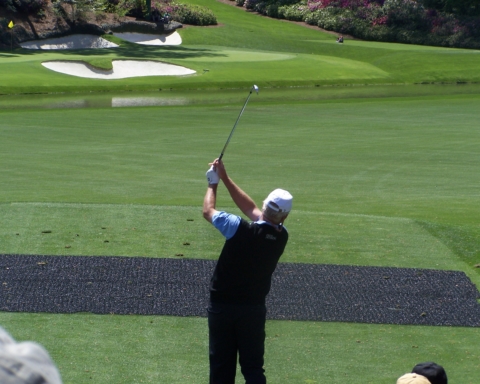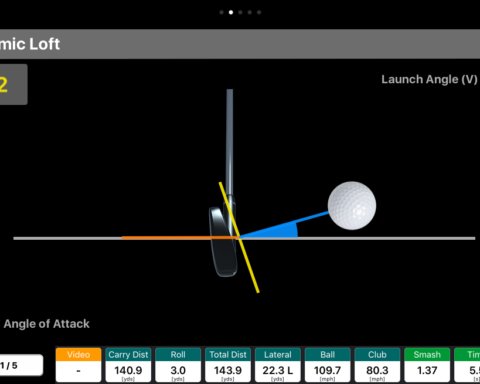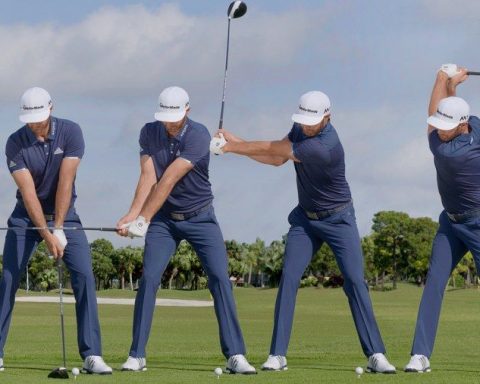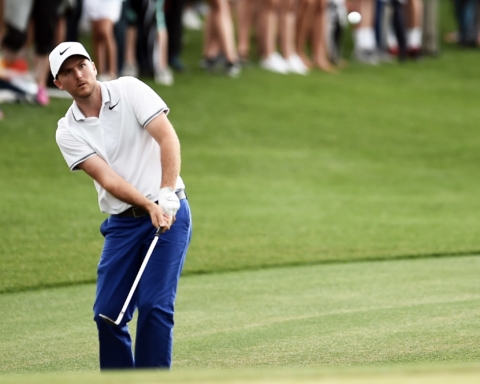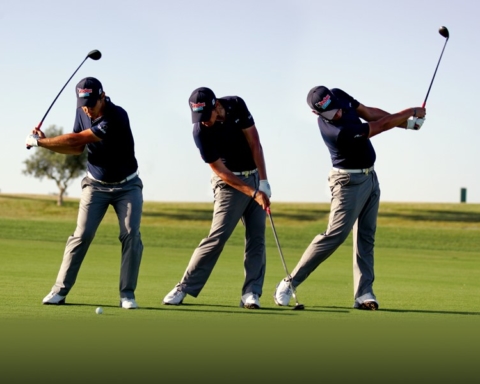It is that time of year again for new years resolutions. Most of us have taken a mental inventory of last year and hope to make some improvements in the new year. Some people join gyms, change relationships, lower your golf scores, stop bad habits or just try to adjust our attitudes to be more positive. Some times these New Years resolutions work out and many times they do not. Many of us have read that a common reason for not reaching new goals is that they are either too large or they don’t have incremental wins or rewards. 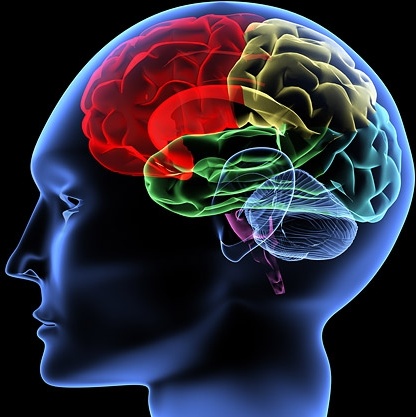
The human brain is interesting and it likes rewards. Our brains release happy chemicals that make achieving these goals fun and physically pleasurable. There are four basic happy chemicals in the human brain – Dopamine, Serotonin, Oxytocin and Endorphin. Dopamine helps us release the energy we need to get to our goals and is a big part of achieving incremental goals. Serotonin is a neurotransmitter that carries signals between nerves and is mainly found in the brain, bowels and blood platelets. Oxytocin is made in the brain and contributes to relaxation, trust and psychological stability. Endorphin is a natural pain and stress fighter and can lead to the feelings of euphoria.
Why do these chemicals matter? Experts say the more often you achieve small goals the more often these happy chemicals will be released. Neurologist Judy Willis states that allowing yourself to experience frequent positive feedback will release dopamine and help you to achieve your goals. Maybe in the past you have made resolutions that haven’t come true? Not following through on your resolutions may have had to do with the way you set your goals. If you didn’t set intermediate goals you probably didn’t experience the release of happy chemicals released during the process. See this article in Entrepreneur magazine about why our brain likes Short term goals.
Deciding that you want to lose 20 pounds this year or lower your scores are typically too broad of a goal to achieve without any specificity or incremental success points.
If you are trying to lose weight you may want to set up your diet so that if you eat well all week you can have a treat on Sunday. If you are going to the gym to lose weight you may set up a reward that if you are x amount of pounds lighter in a certain amount of days you get a clothing reward. If you want to lower your golf handicap practice two hours of putting and two hours of chipping a week for 5 weeks. You may achieve a release of happy chemicals not only when you lower your handicap but along the way at each of your practice sessions.
So how do we set a golf goal and rewards? As stated above many goals that are set without a reward fail. Most of us don’t have a lot of time so let’s set achievable goals that work within our timeline. Here are a few suggestions to get you started;
- I will make and commit to a decision on every shot I play as my primary goal the next three times I play
I will go to the range once a week and work primarily on shots from 150 yards and infor 3 months
Two hours a week I will work on my putting for five weeks.
I will do hand strength drills three times a week for the next six weeks
I will practice with my short irons more than my driver for next four times I practice
I will get my legs stronger and more fit to help my ball striking
I will take three golf lessons and practice three hours for each lesson hour over the next three months
I will make the proper swing and not go back to old, comfortable habits for the next five rounds
These could be good goals for you but your goals should aim to improve the weak areas of your game. Most of us want to improve how we hit the driver and hit it farther. The reality is a majority of players will lower their score faster by working on chipping and putting, boring but true.
Whatever goal you choose put it down on paper to ensure when you feel lazy or just don’t want to practice you follow through. Now you need the “carrot,”, the reward.
The fun part is as you meet milestones you release happy chemicals in your brain. You also need to make a big reward for achieving the big goal of breaking 100, 90,80 or whatever your big goal is. It may not be a score it may be reducing putts or chipping better but decide your goal and decide the reward you will receive.
Maybe your reward will be finally teeing it up at that golf course you have always wanted to play. It may be a steak dinner. You may decide to take a two day golf trip if you lower your handicap by two strokes. Maybe a trip to Hawaii is your reward or to purchase that golf club you have been yearning for. It doesn’t matter what the reward is as long as you really want to accomplish your goal and the reward will help you focus.
Golf is a game that each of us can improve fairly easily if you work on the right habits. Working on the right habits and setting incremental goals will also make you happy! Be realistic about your golf weaknesses and what keeps you from scoring better? I would estimate that at least 80% of amateur golfers I have played with could drop a minimum of 3-8 shots a round with just a little better putting or chipping!
So this year set a goal, set a reward and you may be amazed what you can accomplish in a few months. Best of luck this year and remember to keep having fun playing golf!
Jim Hartnett, PGA
Setting goals





